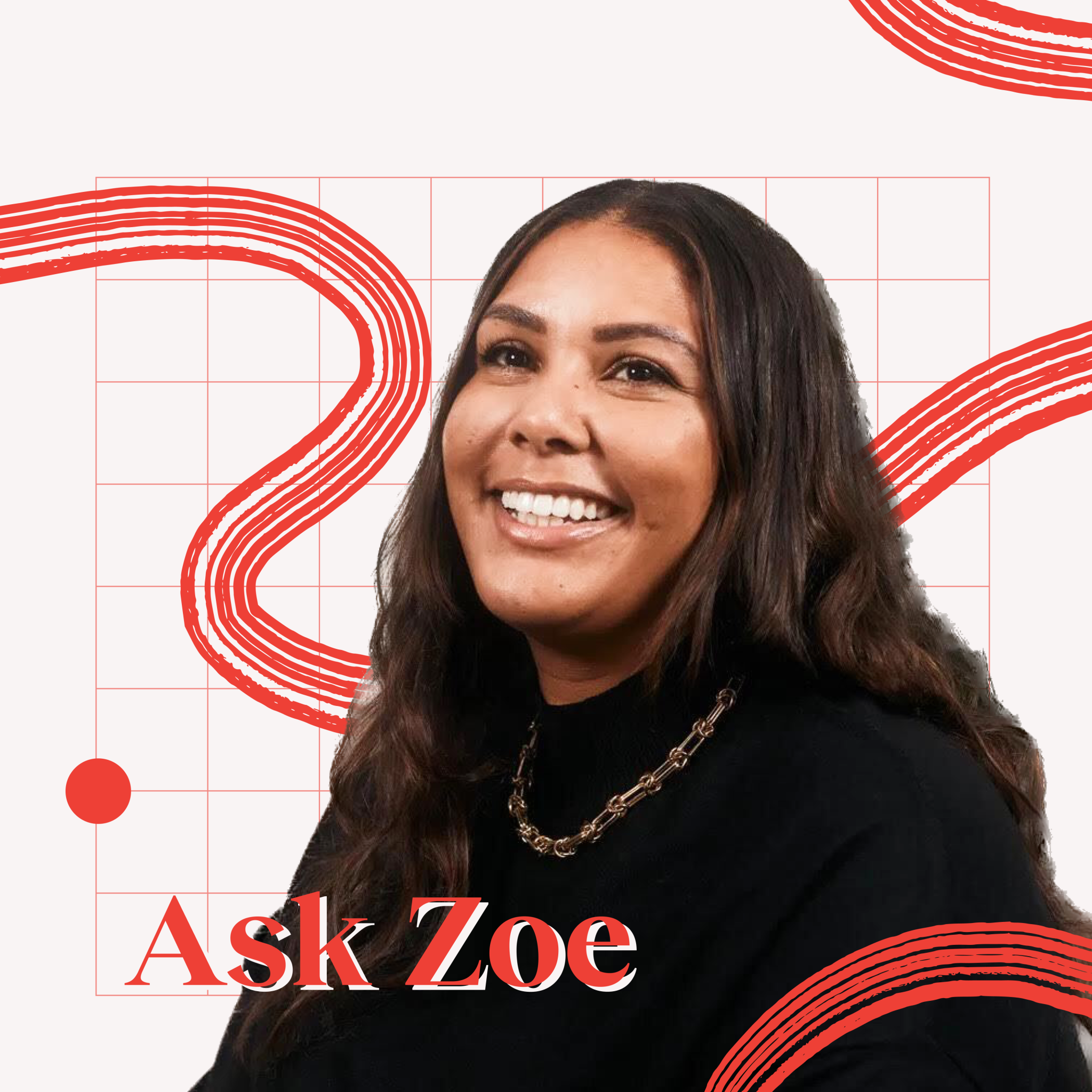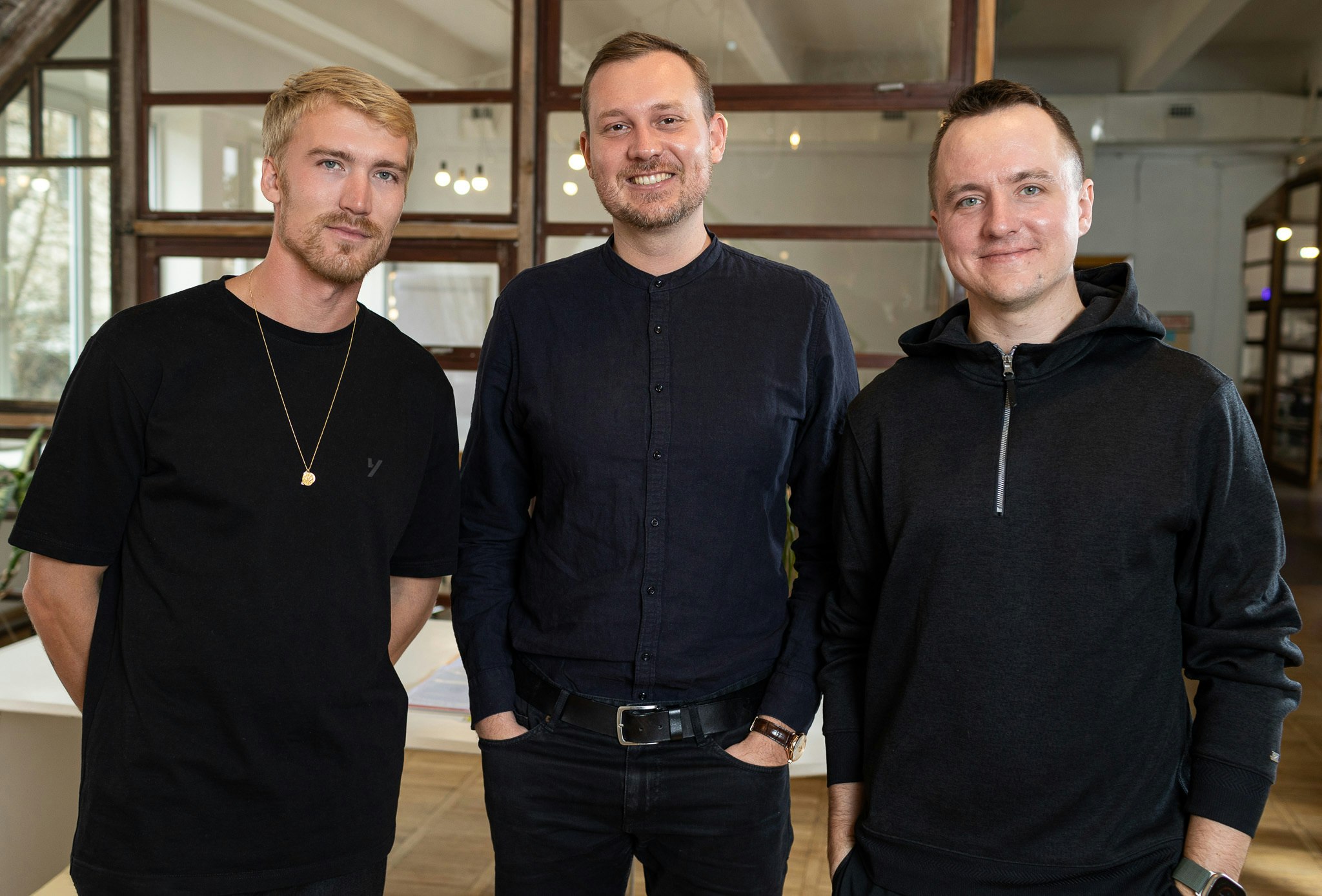It’s a week after Daniel Botcherby and his two cofounders pitched their mental wellbeing startup Kalda to an investment committee, and they’re in the middle of a three-hour therapy session with a marriage counsellor in London.
The reason they’re here? After a message sent over Slack the day before pitching was taken the wrong way, one of the cofounders “just exploded”.
“We just didn't know where it came from and we immediately thought, ‘Oh my God, it's clearly the stress of the situation,’” says Botcherby.
After attending therapy to talk about the reasons behind the outburst in a safe space, “there were lots of tears and lots of affirmation towards each other”, he says — after which, they emerged ready to move forward together.
When the behavioural cycle later repeated itself and became toxic, they decided to part ways with that cofounder — the remaining two returned to coaching as a duo to ensure the same thing wouldn’t happen again.
While marriage counselling sessions with a business partner you’re not in a romantic relationship with may sound unorthodox, they aren’t the only founders to consult the advice of a couples therapist or coach.
Setting boundaries
Startups often refer to themselves as a family — but after coaching, Botcherby realised that this was one of his biggest mistakes.
“I would never have said ‘we're going to be a family,’ because it allowed certain toxic situations to occur and to be forgiven in a workplace environment, as you are far more generous to your family members,” he says.
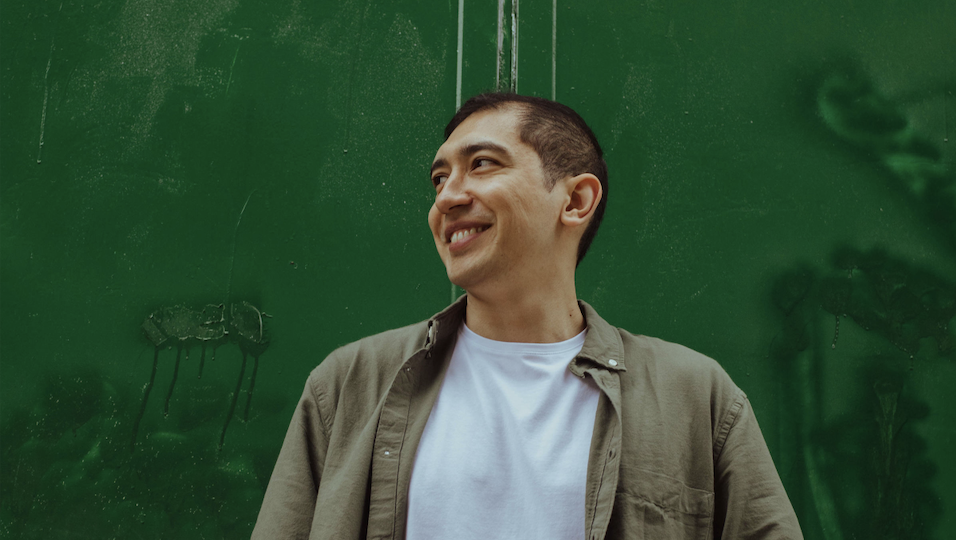
When his cofounding team dropped to two, they agreed that while they would remain close, the relationship would be strictly business: “you need separation to have the clarity to identify when boundaries are being overstepped,” Botcherby says.
Emilia Theye and Celina Messner, cofounders of AI self-therapy startup clare&me, also address boundaries in their coaching sessions, which often begin with them placing three empty chairs in a room — one to represent the cofounder role, one for CEO and one for friend. The aim, says Theye, is to work through “how we speak to each other in these different chairs” and identify what the boundaries between the relationships are.
Clinical psychologist Gracie McLaven, who provides cofounder coaching services, says communication around boundaries is a common focus for entrepreneurs. She prompts founders to ask themselves “what is being unsaid at the moment?” — a mediator then steps in if the conversation becomes heated. Without a professional in the middle, these discussions can quickly spiral, she says.
“The elephant is in the room, and we're discussing the elephant”
For others, couples therapy is a chance to revitalise the personal relationship between cofounders. Tatyana Eliseeva and her cofounder Lilia Kruse, who built employee health assessment startup HealthCaters together, spent their first meeting sitting outside a closed coffee shop during a pandemic lockdown. Both of them had entered a programme to find a cofounder — Kruse was the 16th person Eliseeva had met — and they clicked immediately. “My cofounder is one of the dearest people in my life,” says Eliseeva, “she’s my emergency contact!”
But as their company grew, they struggled to retain that connection, which had repercussions for the business. “In all of the daily hustle, we deprioritised the time we spent together,” says Eliseeva. They became unfamiliar with what was happening in each other's lives and felt awkward bringing up personal matters like health or family issues that could impact performance, Eliseeva says. That led to them taking up regular 90-minute sessions with a coach.
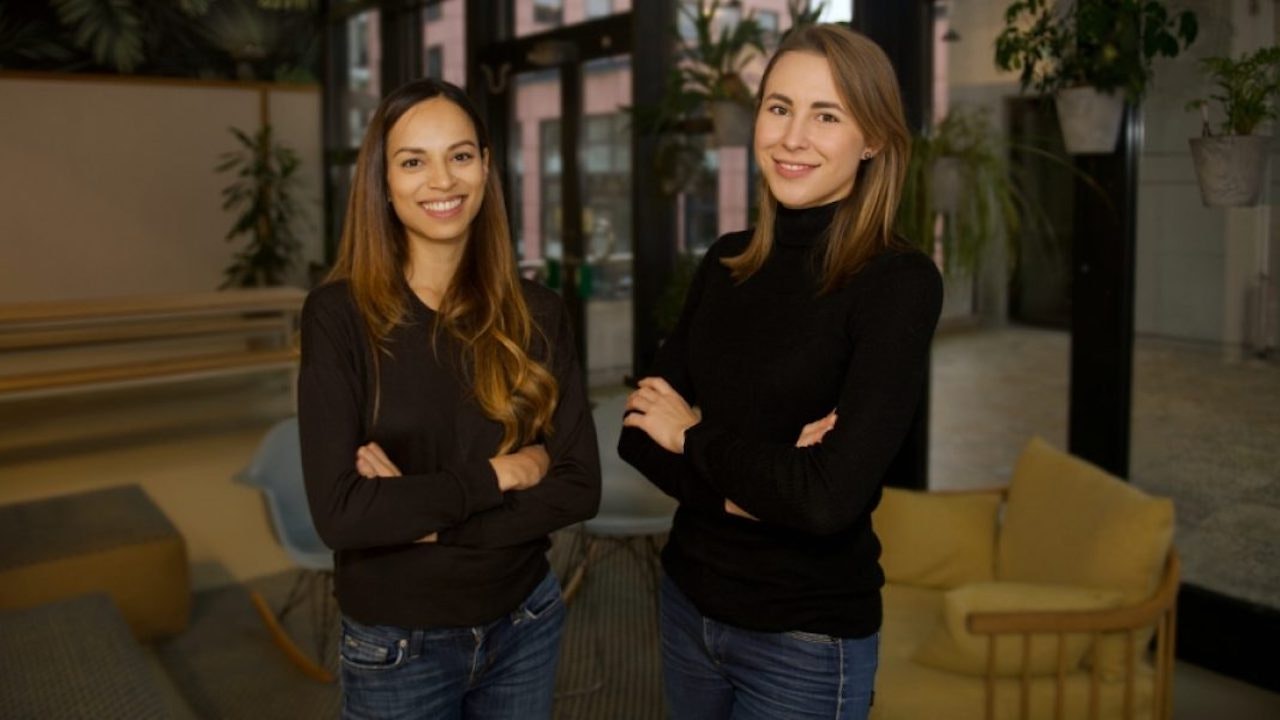
“It became clear that we needed someone to bring us back on track,” says Eliseeva. “Every time you start a coaching session, the coach asks us ‘what are you bringing today?’ [and] I think this is the most nerve-wracking moment,” she says — adding that unpleasant topics can be brought up.
“But there’s also a relief that comes after it,” she adds; “the elephant is in the room, and we're discussing the elephant.”
Alongside repairing their personal connection, therapy also highlighted unexpected ways to streamline the startup.
“Each of us were dealing with work items that weren’t optimally distributed,” says Eliseeva — coaching sessions provided a safe space in which they felt comfortable flagging tasks that they didn’t enjoy doing. They discovered that there were tasks one of them loved but the other disliked, but they never suggested swapping. “We didn’t want to take interesting things from the other person,” Eliseeva says.
Support from investors
Marriage counselling can be seen as a last resort to salvage a dying relationship, and cofounders might worry that taking on a similar intervention could signal trouble to investors.
But VCs also see the benefits. Business-tailored couples coaching can help cofounders to understand how their business partner processes and reacts to different situations, says Suranga Chandratillake, partner at Balderton, which launched its own founder wellbeing programme for portfolio companies last year.
It can also be an important space for founders going through a transitional period for the business, says McLaven, like rapid growth or fundraising. “Often, founders say that things were so much easier when everyone could sit around a table and hash things out,” she says — but as a company scales and grows, it becomes more difficult to ensure everyone in the leadership team is still aligned.
Shared therapy or coaching isn’t always the sign of a crisis either. Theye and Messner made it a “non-negotiable” from the very beginning of their professional relationship. As a young startup, it was thanks to one of their first angel investors that they were able to justify the expense: “[he said] ‘if you're scared of paying for it, take my angel money and pay for coaching.’”
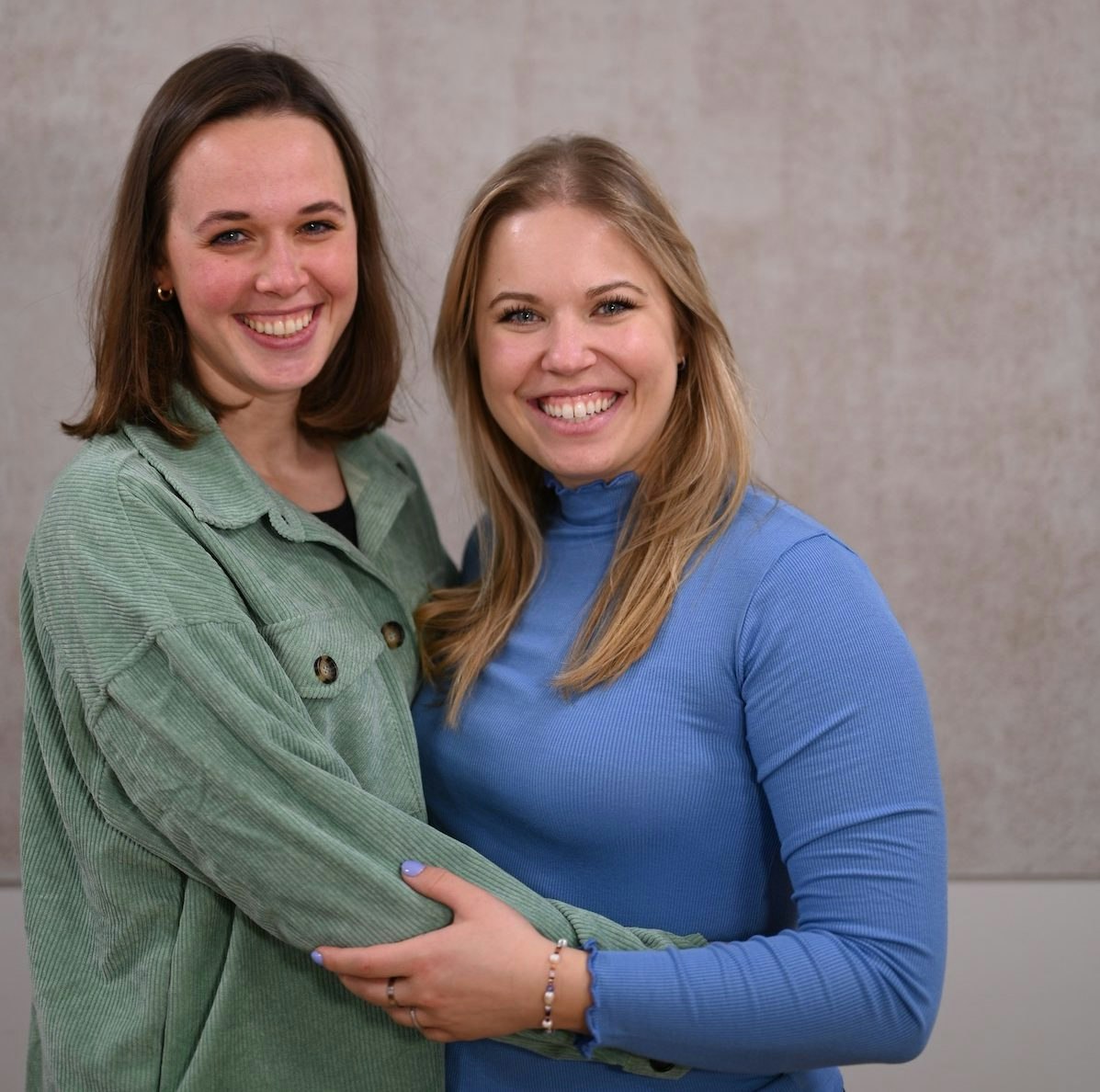
The expense can be a deterrent, especially for startups conscious of their runway in a tough economic climate — but McLaven says the investment will pay off. “You can spend a lot of money on one-off interventions or workshops, but actually the return on investment is very low,” she says. “Something more meaningful like a space for founders is much more likely to have a lasting positive impact for the company.”
“Getting a handle on things like this before complicated things happen in the company can help you better understand each other, and you can even go so far as to create structures, processes and a vocabulary to deal with things as they arise,” adds Chandratillake.
“We're being bold all the time, especially as founders, and there's not a lot of room for being vulnerable,” says Theye. “You have to become aware of your own vulnerability by understanding each other and seeing that we're all on a learning path — I think then you can become the kind of company that you want to lead.”

